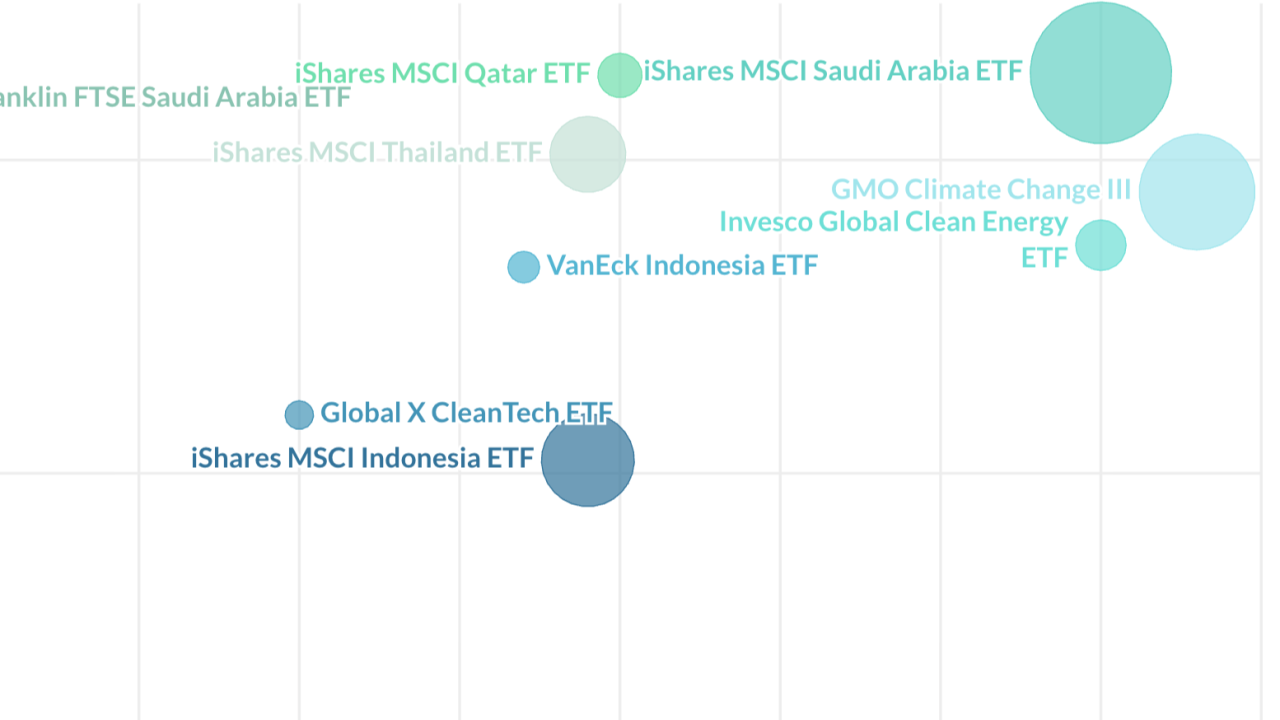While index funds already have a place in the lineup of most 401(k) plans, a proposed federal mandate to require at least one index fund option in these plans is intrusive and unnecessary, according to industry experts.
Rep. George Miller (D-Calif.), chairman of the House Education and Labor Committee, wants to reform 401(k) plans by improving fee disclosure. In the interest of lowering 401(k) fees, Miller's proposal requires plan providers to offer investors at least one low-cost index fund.
"I think it's pretty clear that an index fund would be a vehicle to start people out. Then, they can decide," Miller recently said. "If you buy an S&P 500 Index or some other index, you kind of know the totality of the market that you're buying and that's fine. That's a holding pattern, and if people want to engage in additional information they can make other decisions."
Miller's crusade to fix the 401(k) has been fueled by steep market losses since 2007. Both actively and passively managed mutual funds saw significant losses last year, but because passive management is less expensive than active management, index funds tended to "save" investors a little extra cash.
"A significant majority of plans already offer index funds," said Larry Goldbrum, general counsel of the SPARK Institute. "This should not be decided by policy makers, but should instead be market-driven. Most money managers don't support the mandatory aspect of it."
While index funds have their merits, they are not necessarily a one-stop solution for retirement investing, according to a recent report by the Investment Company Institute titled "10 Myths About 401(k)s and the Facts."
"Index funds vary widely in their choice of index, which leads to widely varying risks and returns," the ICI report said. "There is no one index fund that is right for all investors in all circumstances throughout all their investing life."
"The SPARK Institute does not believe that the wholesale use of passively managed funds by legal mandate will reduce plan fees and expenses or that policy makers should unilaterally determine which approach to investing is better for American workers saving for retirement," Goldbrum wrote in a white paper titled "The Case for Employer-Sponsored Retirement Plans-Fees and Expenses."
"The returns that investors receive on either kind of fund will depend heavily on the mix of actively managed and index funds that are considered, as well as the period over which returns are measured," Goldbrum said.
Index funds are cheaper because they don't have to pay an active manager, but regardless of the type of funds, there will still be certain administrative costs, he said.
"The use of index funds as a way of reducing plan costs relies on the misconception that doing so will change the economics of servicing a plan," Goldbrum said. "Regardless of which types of funds are used, plan service providers must have a source of revenue to cover their costs. If revenues are reduced through the use of an index fund, then plan sponsors and service providers would have to agree to fee arrangements that imposed additional charges in order to maintain the current revenue and economics of the plan."
Larger plans with more assets and more participants are more cost effective because there are more people to share the costs, he said. Market competition continually drives fee prices to the lowest possible levels, and funds that can't afford to compete will close their doors.
According to the ICI, the average total expense ratio paid by investors in 401(k) stock mutual funds was 0.74% in 2007, compared to an average of 1.46% for all stock mutual funds.
"Industry critics appear to want to unilaterally resolve the active versus passive management debate and declare passive management the winner," Goldbrum said. "However, both types of funds are widely available and are used inside and outside of retirement plans and have been for decades."
MarketWatch Senior Columnist Chuck Jaffe has been an outspoken critic of mutual fund fees, but while he supports increased fee disclosure, he also disagrees that index funds should be made a mandatory part of the 401(k) lineup.
"Index funds should not be a mandatory option, but I don't understand why anybody would oppose having index funds as an option," Jaffe told MME. "Plans should be free to select their own funds, but I think they would be hard pressed to come up with reasons why they don't want index funds."
There is a growing perception among the public that retirement plan service providers are gouging plan participants and making unconscionable profits on the fees they charge, Goldbrum said. This misconception has been fueled by the media, policy makers and witnesses at Congressional hearings, he said.
This rhetoric can be harmful to such a valuable and reliable retirement vehicle.
"If you look at the system, basically what you have is working families making the conscious decision every month to try to save some money for retirement," Rep. Miller said. "Then along comes people managing those funds for them and they start dipping into those funds for fees that are really not in the best interest of those savers. So, you have elite financial managers getting rich off the back of middle-class working people. The last thing [those managers] really want is transparency."
Until 401(k) participants are told in exact, plain-English terms what they are paying in fees, there is no way for them to know if their fees are high or not, Jaffe said.
"Participants should be able to understand what they are paying for their workplace retirement plan," Goldbrum said. "Greater fee transparency will ultimately benefit not only plan sponsors and plan participants, but also the retirement plan and investment management industries. The vast majority of retirement plan and investment providers offer substantial, detailed and understandable information about plan fees and expenses to plan sponsors above and beyond what is already required by law. Any statutory or regulatory framework must be flexible and adaptable to the broad array of products and service structures, and must be able to accommodate the competitive and ever-changing nature of the retirement plan and investment industries."
(c) 2009 Money Management Executive and SourceMedia, Inc. All Rights Reserved.
http://www.mmexecutive.com http://www.sourcemedia.com/





